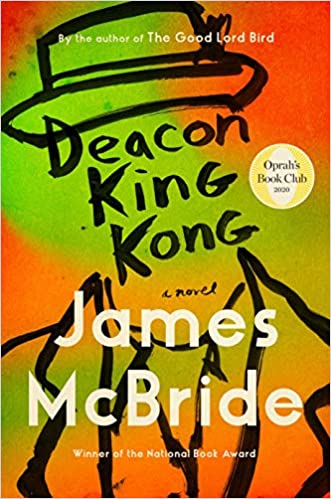James McBride discusses his latest book, Deacon King Kong, with Sam Sanders at NPR, as well as the the importance of writing without regard for other people’s expectations. “I don’t think you can write books if you worry about what people think and what they’re going to say,” McBride says. “You know, the craft of putting together a story with a kind of complicated matter that is involved in story structure, you know, in a 300- or 350-page book, it’s too complicated to worry about whether someone’s going to say this […] You have a purpose to do something. You don’t choose writing. Writing chooses you.”
James McBride on How the Writing Chooses You










